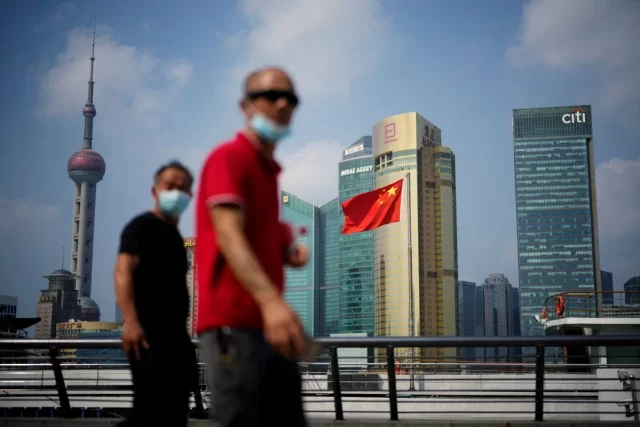The recession in the real estate sector is deepening. Long-term COVID-related restrictions also continue. Overall, economic growth has slowed down. In addition, the Russia-Ukraine war has put the global economy at risk of recession. In this situation, Chinese investors are taking precautions in business expansion. They avoid merger and acquisition (M&A) deals due to economic uncertainty. However, strategic and private equity firms continue to invest capital hoping for long-term returns. This information has emerged from the observation of industry stakeholders. The article contains Chinese Investors Are Cautious About Business Expansion.
Anthony Siu Yanhong, a Shanghai-based partner at banking company BDA Partners, said investors are more resilient in the current environment and are interested in investing in sectors that are not closely related to the economy. Because of this, overall business expansion may slow down. However, M&A activities are continuing in special sectors.
Such caution among Chinese investors has implications for the global economy as well. Because in the first half of 2022, China’s M&A deals accounted for more than half of the total deals in the Asia-Pacific region. According to a recent professional services network PwC, the number of M&A deals is increasing across the Asia-Pacific region. Besides, the region’s share in total M&A deals is increasing over time.
This trend has been driven by private equity or investment funds. This deal has doubled to about $60,000 million in the last three years. The M&A associated with this fund has tripled to 40 percent of the entire deal.
According to PwC, the challenges facing the Asia-Pacific region in business expansion include high inflation, the lingering impact of Covid, and increased regulation. For example, China continues to have long-standing Covid-related restrictions. The world’s second-largest economy has slowed due to city-wide lockdowns as part of a zero-covid policy and strict quarantine rules for visitors to the country.
China’s post-Covid recovery in 2021 did not last. Economic conditions have suffered in the second quarter of this year due to lockdowns and supply chain disruptions since the start of the pandemic. The war between Ukraine and Russia also contributed to this slowdown.
Anthony Siu Yanhong of BDA Partners said international buyers still find it difficult to transact in China due to travel restrictions. Market fluctuations do not change the fundamentals of the Chinese economy. The country’s growing middle class is still willing to spend. However, from low-cost production to an advanced technology-driven economy, this economy is going through various crises. These factors act as drivers of M&A and investment activities in China. Overall, investors are taking time to decide on business expansion as the economic outlook remains bleak.
Hong Kong-based Welkin Capital has $500 million in assets under management. Earlier this year, the company invested in China’s small to medium-sized enterprises. Despite challenges due to China’s covid policies, investment opportunities exist. Hao Zhou, head of the Greater China M&A practice at management consulting firm Bain & Company, said M&A has become more resilient this year. Amid the economy-wide slowdown, opportunities for M&A deals have emerged in sectors such as hi-tech, healthcare, and consumer goods.
To read more Financial news, Please Click Here!




















